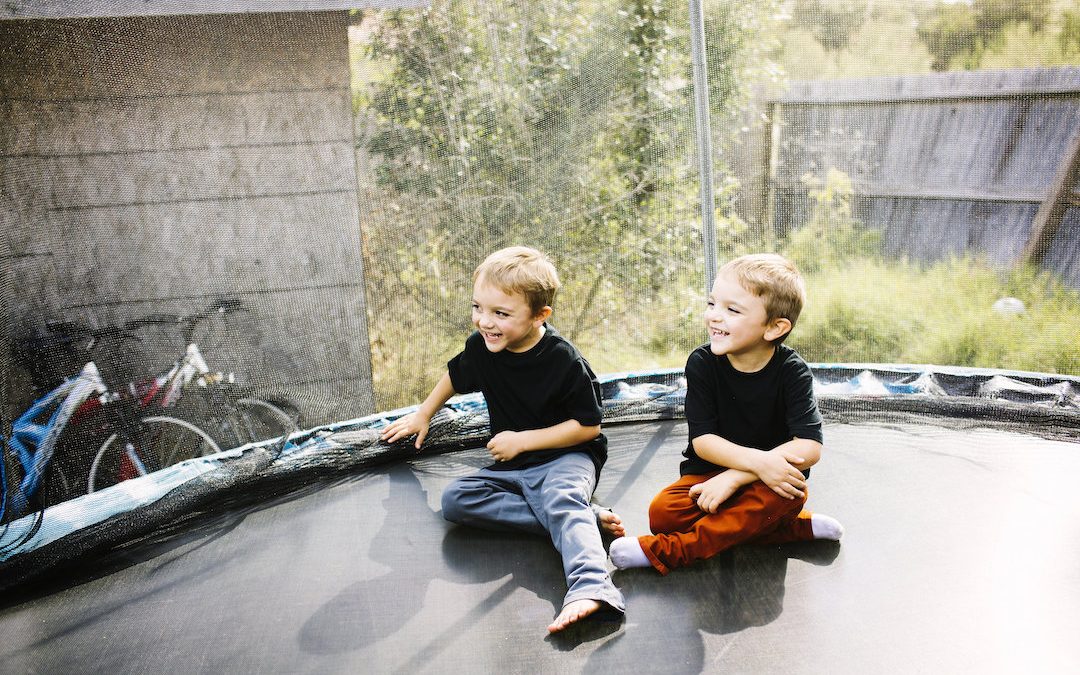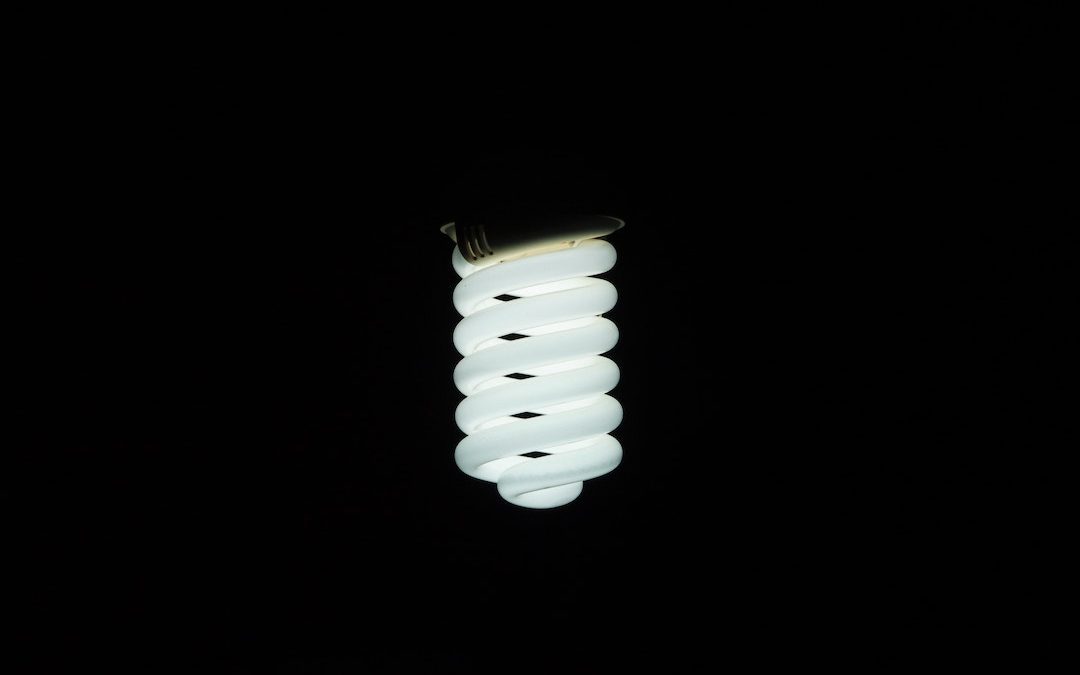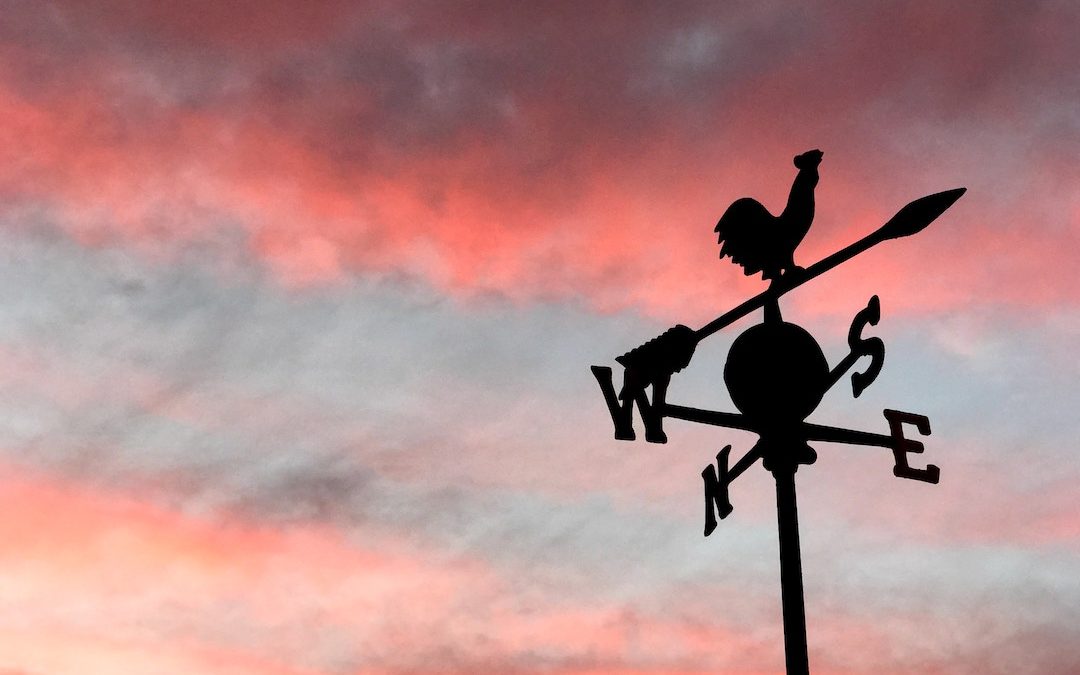
by Rachel Toalson | Wing Chair Musings
He said, “For someone who knows so clearly what you want, it’s annoying to me—someone who doesn’t have as clear of an idea—that you have a hard time asking for it.’
Maybe I’m too careful. Maybe there are times I need to step out of my accommodating, forgiving nature and assert myself.
“What’s the worst that can happen?” he says.
I’ve never liked answering that question.
•
Being the owner of an overactive imagination, there are plenty of worst things that can happen. They all come creeping in at the slightest invitation—like the question, “What’s the worst that can happen?”
I don’t want to look any one of them in the eye, lest I lose my nerve.
•
I’ve typed the email a dozen times, and it still doesn’t feel right. Have I really asked for what I want, or is it just another soft, kind, accommodating note that doesn’t really say much?
I send it off to a writer friend.
She sends it right back with confirmation: It’s just another soft, kind, accommodating note that doesn’t really say much.
•
My sons are young, and my husband and I have tried to raise them in an environment that values good communication skills. “Use your words” is something we say often when they feel upset or angry or sad. They are learning in ways their father and I—a generation that was taught to hide more than it revealed, to suck it up, get over it, life’s got a lot of hard knocks, kid, take what’s handed out without complaining—never did.
Maybe in their future, they will be able to use their words to ask for what they want.
Maybe they will be better than I have been.
•
I’m standing at my computer again. I sort through the questions: What do I want? What do I expect? What is the problem that keeps me from getting what I want or expect?
It all makes sense in my head, but when I get ready to write it down, my fingers feel stiff and uncooperative.
But I flex them, and the words, clunky and patchy at first, spill, stain, solidify.
•
We ask for what we want, because if we don’t, the person on the other side of our asking won’t know what we want. We ask to clarify, to make aware, to say that my needs and goals and desires are important, too, and we should work together to make sure we’re both happy and reaching our full potential and doing what must be done.
We ask because we are important enough, too, to have our needs and goals and desires met.
•
I’m a woman. I’ve been told, in one way or another, my whole life, that I shouldn’t have needs or goals or desires. I’ve been tricked into believing, by immersion in a patriarchal society and faith or simply by an encounter with another individual, that my needs are not as important as others’ needs. I’ve been shamed for my aspirations, my expectations, my dreams.
It’s not an easy legacy to discard.
•
I send the email this time. Who knows if it will make a difference or if anything will change, but at least I know I’ve tried. At least I know that the next time I must ask for what I need I will be marginally better at it. At least I know I have said what needs saying, bared a small piece of myself, moved toward becoming something more than a passive spectator to my life and career.
And the whisper grows, if only by a hair: I matter, too.
(Photo by Dan Gold on Unsplash)

by Rachel Toalson | Poetry
It bobs on water,
far beyond the realm
of imagination and yet
we see it when our eyes
flutter closed.
This ship.
It is well traveled,
well worn, perhaps,
having been tossed
amidst the stormy waters.
It is strong and quick,
slicing through calm,
carrying the hope of
every man who has
looked on it from a distance.
There they stand,
on a crowded shore,
and this ship, with its
knobby masts and
its pitching deck and
its ghost crew worn out
from the imaginary journey,
creeps closer and yet
not close enough to know
that the promises standing on deck
are nothing more than mist.
Perhaps it will get better,
perhaps it will come easier,
perhaps there are riches at the
end of the rainbow after all,
but this is not a ship
that will ever come in
and moving toward its sails
will not change its trajectory.
And so, what this ship tells us,
what it is speaking on the wind
that smacks its canvas across wood,
is do for yourselves
what a ship could never
do for you.
This is an excerpt from Textbook of an Ordinary Life: poems. For more of Rachel’s poems, visit her Reader Library page, where you can get a few volumes for free.
(Photo by Vidar Nordli-Mathisen on Unsplash)

by Rachel Toalson | Crash Test Parents
You’d think that, at a certain point, when you’ve been a parent for a certain number of years or you’re the parent of a certain number of kids, there would come a time when you actually knew what you were doing. But we had our sixth baby a little more than a year ago, and while some things are easier this time around, I can still say, with certain certainty, that even on the sixth kid, I have no idea what I’m doing.
See, the thing about parenting is that a whole lot of it comes down to the children. There’s not one single thing that’s going to work for every parent and every child, because there’s no one archetype of “child” to point the way. I know. Our home is like a controlled experiment, a laboratory for testing out parenting practices. There’s the strong-willed nine-year-old, who will challenge every single thing out of each parent’s mouth, because he always sees things differently; there is the seven-year-old, who can’t possibly stay out of candy if it’s anywhere in the house, even if he’s been told not to touch it; there is the six-year-old, who shuts down whenever anyone tells him he did something wrong and needs to make reparations, clamps so tight we can’t see his hurt or his fear or his anger; there are the four-year-olds who care nothing at all for consequences, only care for their curious impulses that lead them to discover what a yard might look like if they emptied the entire recycling container while their mama was doing her workout inside and probably, arguably, should have checked on them but really thought they’d learned their lesson the last time when they had to sit in their seats at the table without playing for an hour because they’d emptied the trash receptacle in the same exact way; and there is the fifteen-month-old who is perfect—at least until he turns three.
All of these children are different. We teach them all the same things, but we do it differently. We have no idea what we’re doing. We do what our gut tells us to do. When the nine-year-old comes up with some different point of view about how we should handle bedtime, because he doesn’t think he’s allowed to stay up late enough, because all his friends get to stay up this late and why can’t he, we don’t ever know what to do or say the first time (besides the old, maddening, “If your friends were jumping off a cliff…”). We find our way into it.
Sometimes we can put too much pressure on ourselves as parents to know the exact right thing to do in every challenging moment, even though we’ve never had a moment where we opened a door and the eighteen-month-old is sitting in a room of painted poop—which happened for an excruciating forty days when my twins were eighteen months old.
We can let our not knowing what to do make us feel like maybe we shouldn’t have been parents in the first place. We feel incompetent, broken, not enough—not intelligent enough, patient enough, strategic enough, energetic enough, kind enough, brave enough—for this task before us.
But let me just tell you something: even on the sixth kid, I don’t really know what I’m doing. Sure, I know why the baby’s crying right now, because I’ve had a lot of practice in reading cues and being attuned to an infant. I know that right now he’s hungry but a few minutes ago he was uncomfortable because he had a wet diaper. And, yes, I know that if I tell the nine-year-old that it’s time for bed and he didn’t have any kind of advanced warning, he’s going to flip out. I know that if I try to forbid the four-year-olds from the LEGO station and the LEGOs are left out, they’re not going to have enough impulse control to keep from putting their hands all over their brothers’ creations every other minute.
I know that if I tell my seven-year-old he doesn’t need another snack, because it’s almost time for dinner, he will still find himself wandering over to the refrigerator to see what’s inside—not because he’s defying the rules but because it’s habit; he’s always, always hungry. I know that if the six-year-old is asked to find anything, even if it’s right in front of his face, it’s going to be gone forever and ever and ever and he will need my help to find what’s almost touching his head as he lies on the floor and pontificates in a whiny voice about how everything he loves always disappears and why can’t he have anything that is just his?
I know all of these things. I know my children. I know myself. But there are some things that can completely blindside me as a parent. I know that when my sons’ school called last year and the nine-year-old (who was then eight) was making threats about hurting himself, I didn’t know how to possibly handle it. I know that when the six-year-old told me there was a boy in his class who made fun of him on the playground and liked to knock him down, I didn’t know what to do about it. I know that when the seven-year-old said he wanted to play soccer and Husband and I are musicians, writers, and artists, I didn’t even have a clue about the first thing I could do.
My kids, after all these years of being a parent, still surprise me. Like the day Twin 1, who was three at the time, took out a bunch of Halloween tattoos someone had given us and decided to put them all over his face so his skin looked like a patterned sheet of ghosts and werewolves and “Happy Halloween” in orange and black. Like the day Twin 2, also three at the time, put on two different shoes, one green and one white, and announced that he was ready to go and then argued for ten minutes about whether or not these shoes belonged together.
Like the afternoon the oldest, eight years old then, stormed up the stairs because he had finished his technology time and he wanted a few more minutes, but, because we’re very rigid on how much time our kids spend with technology, the answer was no, and he said in this low, growling voice, “Yooouuuu meeeaaaannnn Daddddddyyyyyy” and then disappeared from our view, thankfully. Like the morning our third son was only three and announced that duck rhymed with “f*ck” and a bunch of other words we didn’t hear because we only heard the one he’d never encountered in his life because no one in our house ever says it. Like the day the second son ate an entire two pounds of grapes while we weren’t looking (we didn’t even know that was possible. Apparently, his body didn’t either, and he was glued to the toilet the rest of the day. Natural consequences.).
Sometimes I don’t know whether to laugh or to cry.
There are still times when I feel way in over my head, unsure if I’m the person for this job. Like when the nine-year-old decided to express his anxiety by wrapping a scarf I’d knitted him around his neck and pulling, like he was going to choke himself. Like when the six-year-old scribbled that he hated his brother because he wouldn’t let him play. Like when the seven-year-old, who is normally a very encouraging and easy child, said he wished he was in a different family.
Just because I have six children doesn’t mean I know what I’m doing all the time, every day. That’s okay.
These are the things we learn as we go. We don’t have to know everything about parenting when we take our first wobbling steps as a parent. The point of parenting is not to know everything there is to know when we first begin. I read so many parenting books before becoming a parent—I still do!—so I could equip myself with all the knowledge I could possibly gather. Still, I have to find my own way.
We grow, just like our children grow. We make our mistakes, we make our reparations, we make our transformation.
How do we grow? We spend time getting to know our kids—all their hilarious inconsistencies, their maddening behavioral issues (that make for humorous tales), their dreams and disappointments and hurts and joys. We embrace their fragile, lovely hearts. We love.
And that’s always enough.
This is an excerpt from Hills I’ll Probably Lie Down On, the fourth book in the Crash Test Parents series. To get access to some all-new, never-before-published humor essays in two hilarious Crash Test Parents guides, visit the Crash Test Parents Reader Library page.
(Photo by This is Now Photography.)

by Rachel Toalson | Wing Chair Musings
He is late.
He usually calls or texts when he’s going to be late, but lately we’ve been more strangers than lovers, passing each other in the hallways, smiling, dropping quick kisses, breezing out the door.
He didn’t even tell me where he was going today.
I’ve been working on a memoir about meeting the woman who broke up my parents’ marriage, along with her two kids—my half-brother and half-sister—who were kept a secret from my mother during my parents’ marriage, except for the answering machine message I still remember, forever imprinted on my 9-year-old brain.
I’ve been dreaming about my mother, feeling her humiliation, sweating drops of regret. Today I could be her for the worry and fear that wraps around my throat and squeezes.
My thoughts seesaw between the two: What if he’s with someone else? What if something happened to him?
Both are equally irrational; this has happened before when he’s going to be late and he forgets to call and I work myself up into an agitated state and call him a few times, text him a few times, look up every highway he might have taken today to see if there were any fatal accidents reported, and if there were, I panic and make lists of police department numbers I can call if it gets too late and he’s still not home.
And then the door opens and it’s him. Standing. Smiling. Bending to kiss me. My tears are embarrassing then, as are the messages I’ve left on his cell to call me, I’m worried, is he still alive? As though he could answer if he weren’t.
He’s also never given me any reason to believe he would be unfaithful, but when you grow up with the trauma of learning your dad—the man you trusted to love you—has a whole secret family you didn’t know about, you grow up knowing anyone in the world can let you down. Anyone.
Even him.
I search for his location on my “locate iPhone” map. He’s right down the road. I remember now, about the business lunch, the workout. It’s a good sign that he’s late.
I breathe. I survive. I overcome.
One more victory against the past that stretches on.
(Photo by Anton Belashov on Unsplash)

by Rachel Toalson | Poetry
The day I lost my job,
the sun did not hide its face
but scorched my cheeks
in rolling waves of fire,
but the day my boyfriend
asked me to spend forever
by his side, the streets were
glistening with water that
dropped in sheets from the sky.
It poured on my wedding day,
but the day my beloved grandmother died
and the whole world moved on
with a giant hole in it,
not a cloud stood
in the winter sky.
The sun beamed as though
this day were full of joy.
It wasn’t.
The night my first son
slid into the world,
the sky held no stars,
only a heavy black sky,
ominous and uneasy,
but the night my daughter died
was a diamond one,
glittery and full.
So, you see, the weather
never quite
gets it right.
This is an excerpt from Textbook of an Ordinary Life: poems. For more of Rachel’s poems, visit her Reader Library page, where you can get a few volumes for free.
(Photo by Nicole Wilcox on Unsplash)






